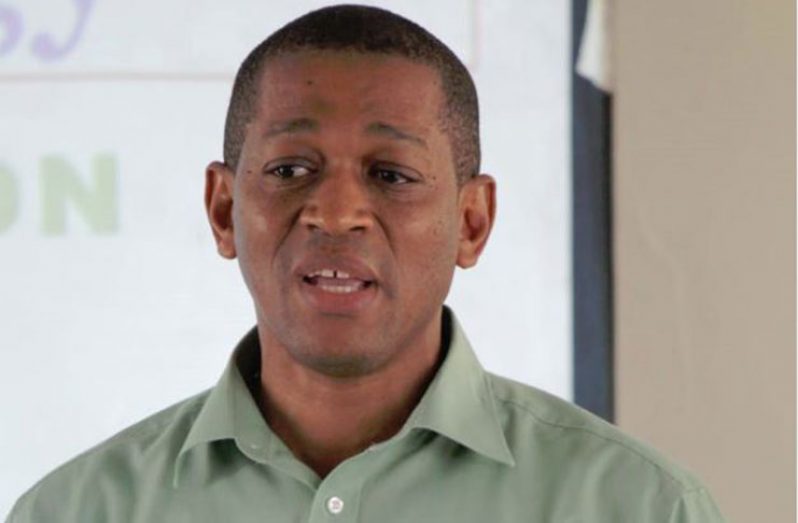– Director, Department of Energy, says
By Vishani Ragobeer
DIRECTOR of the Department of Energy, Dr Mark Bynoe, has affirmed that political maturity is key to making Guyana a more investment-friendly environment and to foster overall national development.
Dr Bynoe made his remarks at a panel discussion focused on Infrastructural Development in an Oil and Gas Economy. This discussion was organised as part of the Eighth International Road Federation (IRF) Caribbean Regional Congress, which opened on Wednesday and concluded on Friday.
At this discussion, the panelists of stakeholders in the infrastructural sector zeroed in on ideas to develop infrastructure in Guyana and in the Region, as well as fostering an investment-friendly climate as a means of doing so.
“One of the first things we have to be thinking about is how do we incentivise the system to encourage private-sector participation,” Bynoe said, when asked how he thought Guyana could make itself attractive for investment.

In so doing, according to him, the state would need to ensure that it is putting the requisite framework in place, which it can also use to pivot local content and build local capacities simultaneously.
“There has to be an effective partnership [between locals and investors],” Bynoe said and highlighted that this model must be developed in sync with the expectation levels of both the locals and of the investors.
Importantly, however, he posited, “There has to be some level of political maturity and that is at the core of whatever we do.”
This political maturity, he explained, requires policymakers to think beyond the five-year elections cycle and instead be committed to a more long-term development agenda.
“We have to be committed to a development agenda which says that as a people, this is where we wish to go as Guyanese, and not as a political party,” the director said.
Engineering consultant from Trinidad and Tobago, Richard Small, sought to highlight that even though, in theory, the interests of private-sector organisations and the interest of a government bodies should be aligned, this does not always happen.
He explained that navigating the investment climate means that countries would have to understand that private organisations look towards faster returns on investments and consider the project-planning horizon minutely.
This is not always the case for the government side, which might look towards more long-term returns from investments.
As such, Small shared that Guyana would have to also consider this when seeking to develop its investment climate.
Chief Transport Planning Officer in Guyana’s Ministry of Public Infrastructure, Patrick Thompson, opined that in effecting the investment-friendly environment, transparency is key.
“Transparency in that the systems and frameworks we have in place must be clear, and we must be consistent in terms of how we implement these systems and processes,” Thompson said.
He added: “It becomes easy to do business here when Guyana becomes transparent.”
If the country works to continuously improve its transparency in the business environment, the transport officer noted that the country would be able to build a reputation that would indicate to investors that its climate is conducive for investment.



.jpg)










